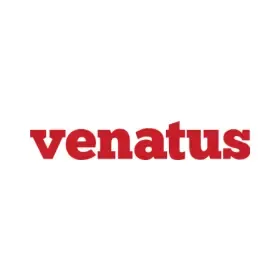Best Privacy Management and Compliance Software for Publishers
Privacy management and compliance software for publishers is essential in today's digital landscape. With 87% of consumers refusing to engage with companies they don't trust regarding data security, implementing robust privacy software is crucial. The market, valued at USD 2.76 billion in 2023, is expected to grow at a CAGR of 37.2% until 2032, reaching USD 48.28 billion. This growth is driven by increasing data breaches and stringent regulations like GDPR and CCPA, compelling publishers to adopt advanced privacy solutions.
Incorporating privacy management software not only ensures compliance but also builds consumer trust. Approximately 76% of consumers are unwilling to do business with organizations they perceive as insecure. Furthermore, 71% would cease business with companies that mishandle their data. By investing in these solutions, publishers can mitigate risks, improve operational efficiency, and enhance customer relationships, making data privacy a competitive advantage in the market.

Benefits of Privacy Compliance Software for Publishers
Privacy compliance software offers significant benefits for publishers in managing data and ensuring legal compliance.
- Enhanced Data Security: Implementing privacy compliance software can reduce data breaches by up to 39.3%, significantly lowering the average cost of a breach.
- Regulatory Compliance: Over 60% of organizations report improved compliance with data privacy regulations, reducing legal risks and fines.
- Operational Efficiency: Automating compliance processes can decrease manual workload by up to 44%, freeing up resources for other critical tasks.
- Customer Trust: Companies that invest in privacy see a 2.7x return in benefits, as customer trust and loyalty improve significantly.
- Risk Management: Over 70% of businesses report significant benefits from privacy management, including better risk mitigation and decision-making.
Investing in privacy compliance software is not just about avoiding penalties; it enhances overall business performance and fosters a trustworthy relationship with your audience, ensuring long-term success.
Setupad is one of the best website monetization platforms to increase ad revenue for publishers. Enjoy superior client support and have access to top SSPs.
A powerful Privacy Compliance Software, Cookiebot helps websites achieve compliance with various privacy laws like GDPR, ePrivacy and Google's EU user consent policy. Implementing Cookiebit will helps you personalize Google ads, remarket it and keep analytics.
The Privacy Compliance Platform, TrustArc makes privacy management simple by helps you ensure data governance using cutting edge solutions and complying with various privacy laws. It centralises privacy tasks, automates program and helps get full visibility and control of data. It scores privacy assessments and streamlines compliance workflow.
Ketch is a powerful data privacy and compliance platform that gives businesses the tools and capabilities to automate consent management, data governance, and regulatory compliance.
Pixalate is a privacy compliance software that helps publishers navigate complex data privacy regulations, ensuring adherence to laws like GDPR and CCPA. Their platform provides tools for managing user consent, monitoring data practices, and maintaining compliance across digital advertising channels.
The Privacy Compliance Platform, SecurePrivacy.AI helps generate the policy and declaration in minutes and all the tracking information is automatically added on your privacy and cookie policies.
The Privacy Compliance Software, Termsfeed helps comply with all the global privacy laws and helps optimize the consent rate to get you a better used experience. With intelligent geolocation, Termsfeed had compacted the whole tool into a single line of code which is very easy to maintain.
Piwik PRO is a Privacy Compliance Software that helps comply with regulations across the world using it's flexible data privacy capabilities. With the marketing tools like analytics, remarketing, conversion optimization and content personalization, it makes compliance process easy. It helps respect user privacy while ensuring transparency of operations.
The Privacy Compliance Software, Seersco ensures child privacy and user privacy with appropriate design and code and makes sure that your privacy is not breached.
AdHash is a privacy-first programmatic advertising network empowering publishers with transparency, control, and higher revenue by cutting out middlemen. It ensures data integrity and compliance with privacy standards, offering a streamlined solution for ethical advertising.
How Publishers can Choose a Privacy Management Tool?
Choosing a privacy management tool for publishers involves several key considerations to ensure compliance, efficiency, and ease of use. Here are few pointers to consider:
-
Compliance Capabilities: Ensure the tool supports all relevant regulations like GDPR, CCPA, and other regional laws. It should offer comprehensive features for compliance, such as data mapping, consent management, and reporting.
-
User-Friendly Interface: Look for a solution with an intuitive, user-friendly interface. A complex system can lead to higher training costs and lower adoption rates among staff.
-
Integration with Existing Systems: The tool should seamlessly integrate with your current CMS, CRM, and other critical systems to streamline data flow and management.
-
Customization and Scalability: Choose a tool that can be customized to fit your specific needs and that can scale as your business grows. This includes customizable consent banners, privacy policies, and data management workflows.
-
Data Security: The tool should offer robust security features to protect sensitive information from breaches and ensure data integrity. Look for encryption, access controls, and regular security updates.
-
Cost and Support: Evaluate the total cost of ownership, including license fees, implementation, and ongoing support. Ensure the provider offers strong customer support and resources for troubleshooting and training.
To conclude, Investing in privacy management and compliance software is crucial for publishers to handle increasing data protection demands effectively. The market is projected to skyrocket from $2.76 billion in 2023 to a staggering $48.28 billion by 2032, showcasing a remarkable annual growth rate of 37.2%. Notably, 87% of consumers would cease doing business with companies that lack robust data security practices, highlighting the significance of strong privacy measures in fostering trust and loyalty. This software not only ensures compliance with regulations but also enhances operational efficiency and reduces sales delays, making it a vital tool for modern publishers.
Privacy Compliance Software FAQs
Our Editors’ Pick:
Browse these amazing publisher monetization tools handpicked by our team of editors
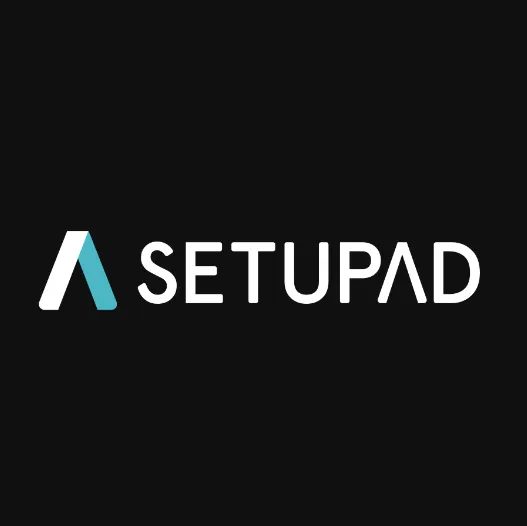

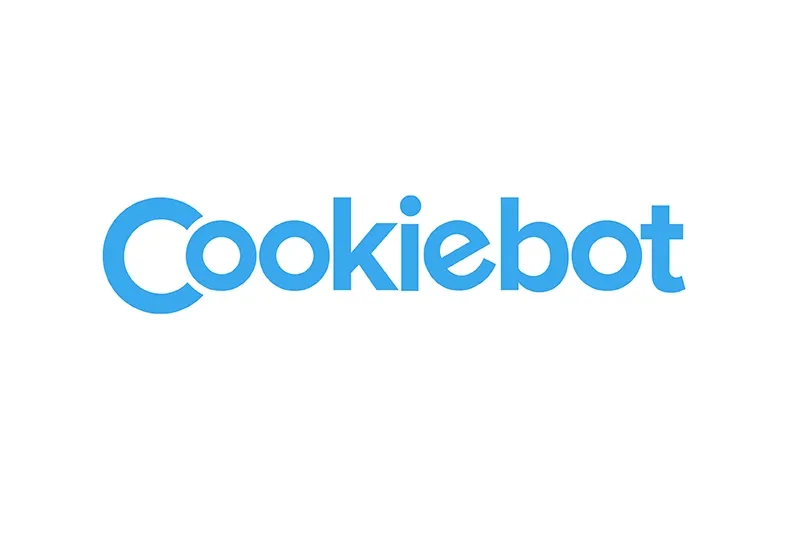
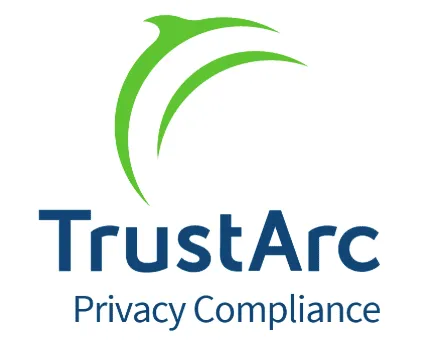

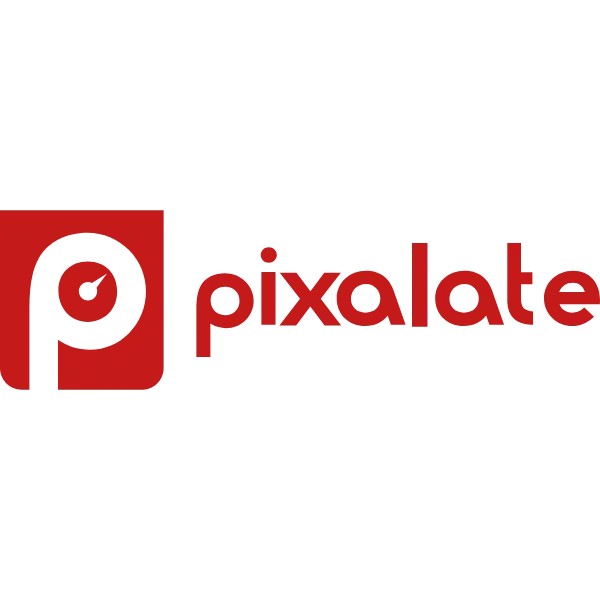

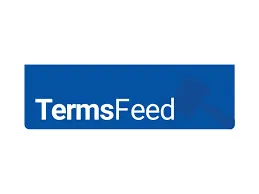
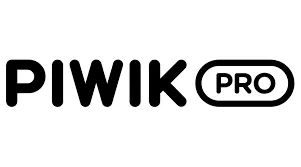

.webp)

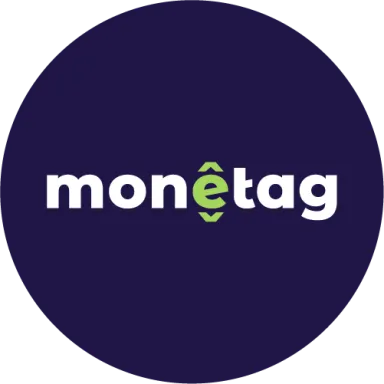


 (1).webp)
